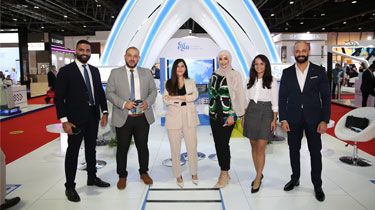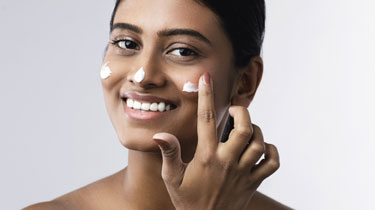Ego Pharmaceuticals has been a leader in skincare that is backed by science for 70 years, and now produces over 120 different products, including over the counter and prescription skincare, from well known brands such as QV Skincare and Azclear.

Ego has grown to become a world leader, producing a comprehensive skin and health care range for sale in Australia and around the world. Ego products are now exported across the globe.
Ego has grown to become a world leader, producing a comprehensive skin and health care range for sale in Australia and around the world. Ego products are now exported across the globe.

We'd love for you to join our skin care community so we can share the latest news and offers, straight to your inbox.
We'd love for you to join our skin care community so we can share the latest news and offers, straight to your inbox.